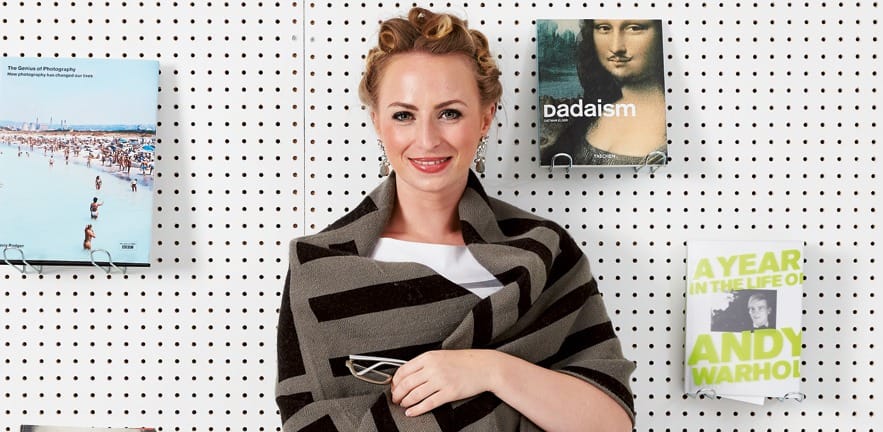Author of Social Media & the Law, Laura Scaife explains why technology is not a law-free zone.

From her CV, it’s hard to believe that Laura Scaife, self-labelled “data privacy, cyber and social media specialist”, is only 28. Author of the Handbook of Social Media & the Law, her LinkedIn profile is positively frightening, stuffed as it is with publications, TV appearances and media interviews on top of her day job as an associate at international law firm Addleshaw Goddard.
How does she find the time to be so prolific? “I don’t see it as work – I am fascinated by the interaction between the law and society. I studied Aristotle and was particularly struck by the phrase ‘law is reason free from passion’. It seemed to me that as technology was developing, increasingly passionate views were forming part of the legal debate that could potentially inform the law.”
Laura regards her youth as a positive advantage, for she came of age alongside Facebook and then Twitter. While she was at Durham University, studying on an academic scholarship, she watched both gathering pace and realised that their increasingly widespread use among her peers was raising legal questions that – at that point – had no answers.
“The first case where I became aware of the potential of social media in the courts was one of car fraud,” she says. “The accused was shown not to have been around as there was a picture of him on Facebook on holiday patting a dolphin. There was some regulation, but little or no guidance as to how the legal system could address the increasing prevalence of social media in cases.”
Scaife’s interest was sparked. Today, as well as writing extensively on the subject for the specialist and mainstream press, she has been called to produce recommendations for the policy-making sector.
In the future she wants to be more involved with defining the legal regulation of modern technology, as well as to be recognised internationally as a leader in her field.
“I am a product of social media myself. Through Twitter and LinkedIn I was able to reach out to people across the world, which is incredible,” she says. “My father always told me that if I wanted to know something I should go out there and find it out. I feel very fortunate to be writing at a time when the internet has made that much easier, which has given me such fantastic research resources.”
Amidst all this whirl of activity, Laura is careful to remind herself “it’s good sometimes to be a part of the audience rather than being on the stage”. She takes time out to just spend time with her friends (“and yes we do meet, we’re careful not to let the technology takeover”), plays tennis, runs around Windsor Park, goes rollerblading and paints both oils and watercolours.
A keen appreciator of art and fashion whenever she gets the chance, she goes to the National Gallery, V&A or the Courtauld Institute. “I could look at Two Dancers on the Stage by Degas for hours,” she says. “I’ve always really admired former Vogue editor and curator Diana Vreeland, too. She was a real trailblazer – we can learn a lot from Diana’s strength and tenacity.” Her favourite book is Mindfulness: 25 Ways to Live in the Moment through Art by Christophe André. “It’s a really beautiful book and I was drawn to it because everything is so immediate, so ‘right now’ – it’s important to step back from time to time.”
But only from time to time it seems. Having approached a publisher herself for her first book, she is now working on two more, one of which, very topically, is on social media and terrorism.
State educated and from a small town near Liverpool, Laura believes firmly that everyone should be encouraged to find their voice regardless of background, wealth, age or gender. “I tell everyone you can achieve anything you want if you have passion and determination. Diversity is, after all, the art of thinking independently together!”

